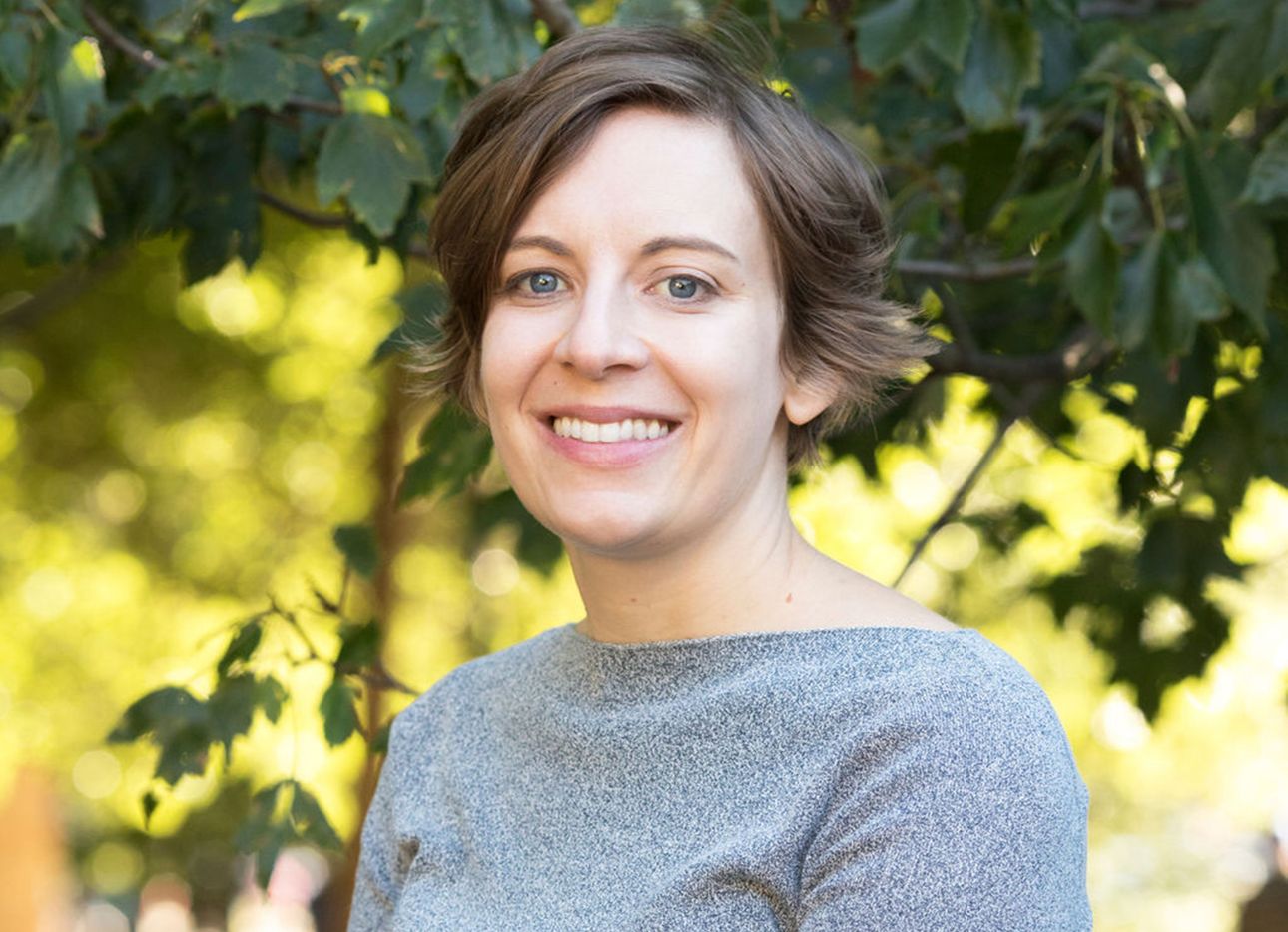
This New Online Forum Lets Anyone Air Their Anxieties About the Climate Crisis
The fallout from the climate crisis gives us plenty to fear: habitat destruction, extreme weather, and—in case you slept through the last year—global pandemics. But clinical psychologist Margaret Klein Salamon, founder and board president of The Climate Mobilization advocacy group (and the guest on Ep. 51 of our At a Distance podcast), believes that fear and other intense emotions are some of our best tools for pursuing meaningful climate action. “Passion and moral conviction have always been at the heart of successful social movements,” she says, noting that these traits fuel “acts of greatness and courage.” Yet for years, emotions have been sidelined in climate change dialogue in favor of the exacting academic detachment of scientific presentations, contributing to what Salamon sees as cognitive dissonance among the public. So, through her new discussion-focused platform Climate Awakening, Salamon recently launched Climate Emotions Conversations, a digital forum for people to express their emotions out loud.
Anyone in the world can sign up to join a session (the next ones are slated for May 5 and 7), which brings together four individuals for an intimate online conversation where they can speak openly about their feelings related to the climate emergency. Salamon guides the weekly hour-long exchanges with pre-recorded videos, offering therapeutic insights along the way. So far, equal numbers of activists and nonactivists have enrolled in the conversations. Salamon says that the two groups share commonalities, particularly feelings of isolation.
But can such discussions result in real climate impact? Salamon thinks so. For her, expressing emotions is a political act in itself—one that, as she puts it, “helps us unlock our immense motivation to change the world.”